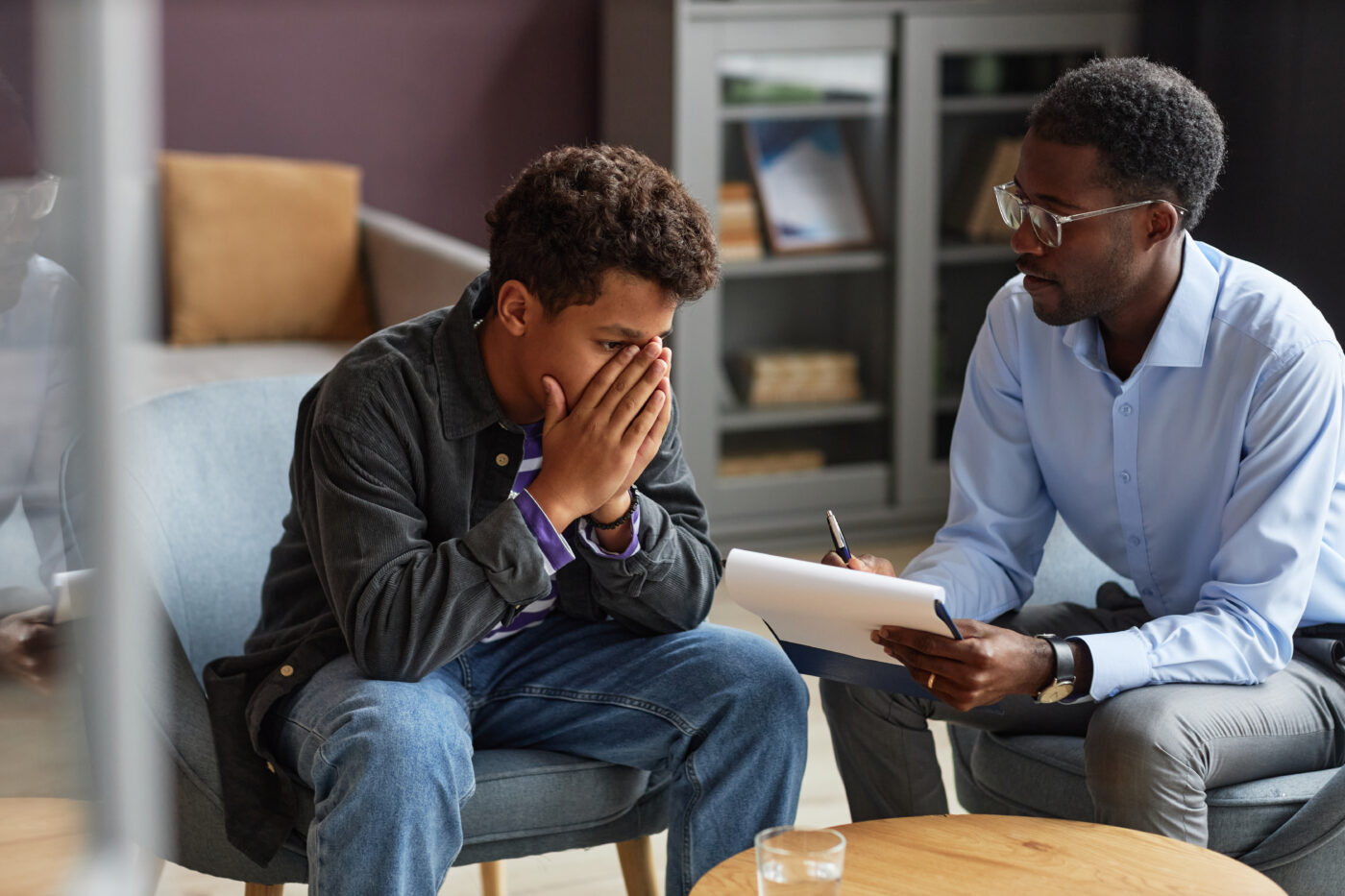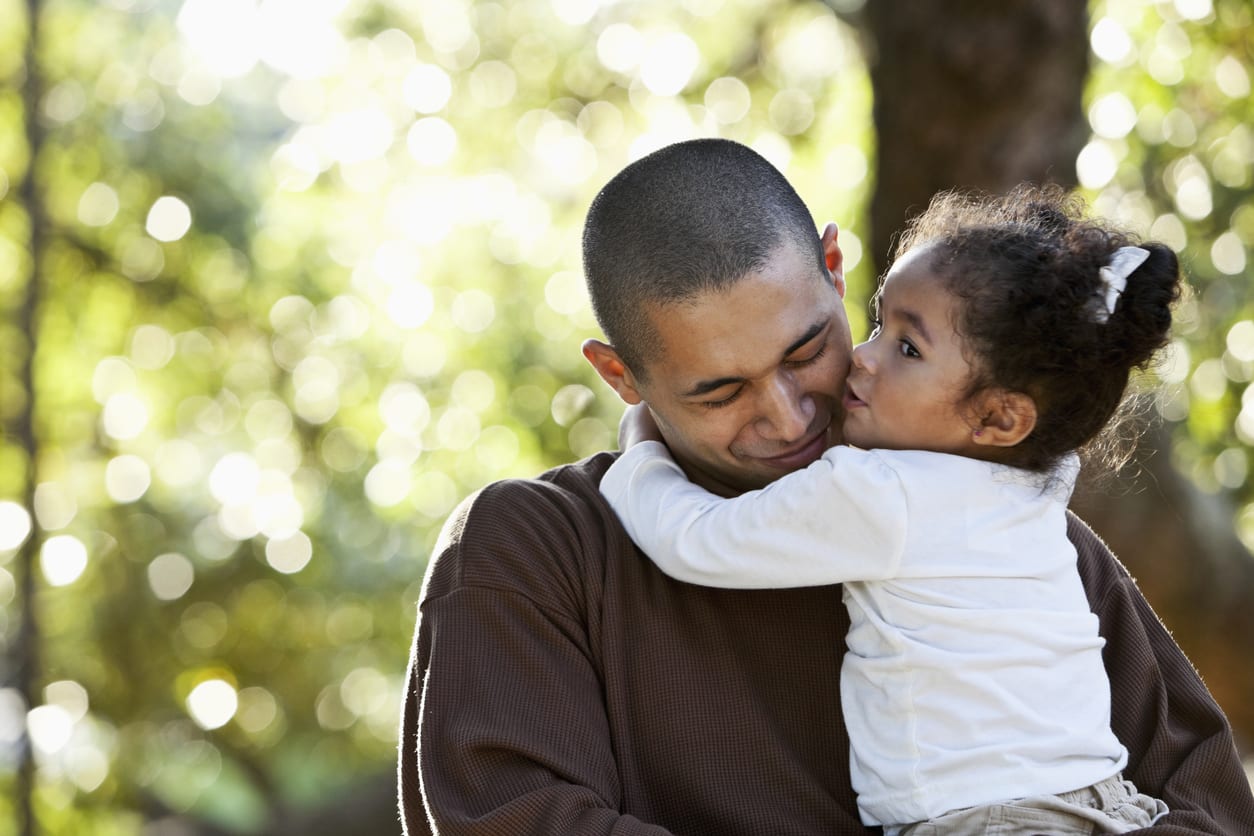When Simone Biles withdrew from Olympic competition in 2021, citing troubles with her mental health, she received significant criticism. She also received considerable support. The issue sparked a lot of discussion about “mental health.” Was it an important issue that we should deal with, or is Generation Z just coddled and weak? If you subscribe to the latter, then the title of this article probably made you roll your eyes. There are times when you may have a point. I’m sure there are cases where “mental health” is used as an excuse to avoid something challenging.
However, according to the CDC, 22% of teenagers in 2021 seriously considered suicide. That’s up from 16% in 2011. The numbers are higher for female, black, and LGBQ+ kids. That’s a concerning trend, to say the least. The last thing we need to be doing right now is discouraging our kids from talking about their well-being. Reversing the trend is going to take caring adults willing to walk alongside kids and help them navigate a confusing world. If we are going to help them, we need to know what is impacting their mental health and how to offer love and hope. Here are 7 things that may impact mental health in children.
1. Trauma
I probably shouldn’t start with the most obvious, but I want to make sure it doesn’t get missed. Death, disease (specifically COVID-19), a major accident, assault, rape, abuse, school shootings, or any other trauma will affect mental health in children and requires professional help. Your child may seem “resilient” in the face of trauma. Don’t buy into that. Kids don’t have the tools to deal with the impact of trauma, so it gets stored away, only to resurface later in life.
2. Social Standing and Disconnection
Having a social standing and feeling connected to others is important to everyone, especially tweens and teens. One of the negative effects of social media for teens is seeing their peers congregate without them and having their value measured in the engagement, or lack thereof, on their posts. The pandemic only increased kids’ feelings of isolation. Not only do we need to spend time with our kids, listening to their concerns and making them feel validated, but we also need to seek out opportunities for them to have face-to-face interaction with their peers and caring adults willing to invest in them. It’s also important to discuss social media and put restraints on the amount of time spent there.
3. Being Too Busy
We added tons of expectations onto our kids. They are pressured to take advanced placement courses, participate in athletics and theater, do community service, anything and everything that will make them stand out. All so they can get into a good college and get a good job so they can buy a house and live a life they can’t afford. They’re over-pressured and exhausted. In Genesis 2:2, after God created everything, it says, “on the seventh day he rested from all his work.” God thought it was right to rest. We need to build in rest and free time for our kids.
4. The Turbulent World
In my nearly fifty years on this earth, I don’t think I have ever seen such political and racial unrest, at least in the United States. Yes, political opponents no longer have duels and we’ve come a long way from the racial battles of the sixties. However, cable news and social media ensure that the loudest, most sensational, and most extreme voices on both sides are aired and passed around. It increases the divide and distrust and also strips our kids of their hope. Add financial instability to that cocktail and it wears on our kids even more.
5. The Lack of Independent Activity
The Journal of Pediatrics has recently attempted to connect the decline of children’s independent activity, such as playing and exploring without adult supervision, and the rise of mental health problems. It’s tough to establish whether or not this is causal or correlated. Still, we need to find age-appropriate ways to give kids control of their lives, especially as they enter their teenage years.
Sound off: What are some other things that impact mental health in children?











Huddle up with your kids and ask, “How much pressure are you feeling right now? What’s causing it?”